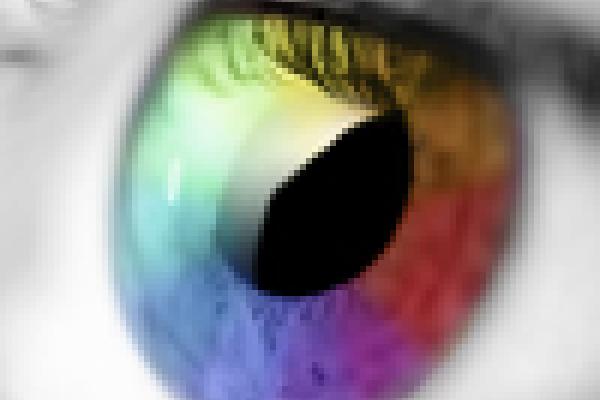Article

Cognition, brains and Riemann
Are number, space and time features of the outside world or a result of the brain circuitry we have developed to live in it? Some interesting parallels between modern neuroscience and the mathematics of 19th century mathematician Bernard Riemann.
